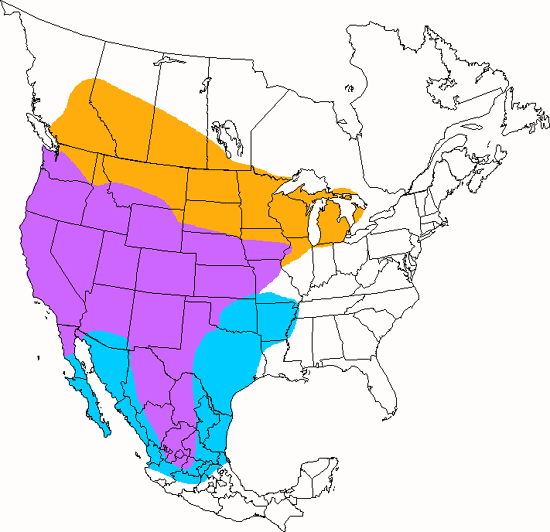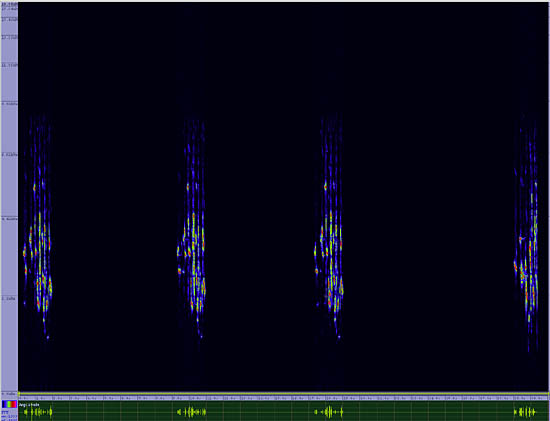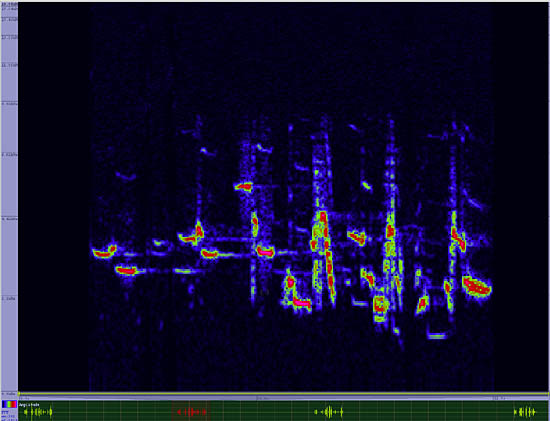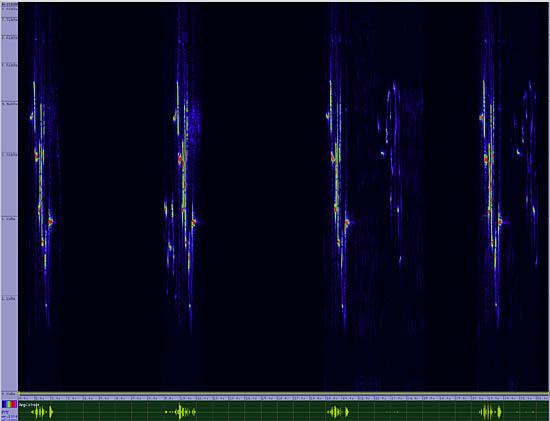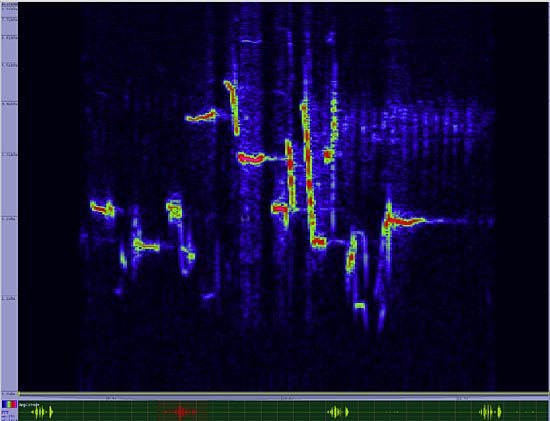The four-digit banding code is WEME.

Perching
Western Meadowlark
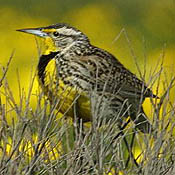
Length: 10 in. (24 cm )
View Citation
Bibliographic details:
- Article: Western Meadowlark
- Author(s): Dr. Biology
- Publisher: Arizona State University School of Life Sciences Ask A Biologist
- Site name: ASU - Ask A Biologist
- Date published: July 13, 2017
- Date accessed: January 13, 2025
- Link: https://askabiologist.asu.edu/activities/bird/western-meadowlark
APA Style
Dr. Biology. (2017, July 13). Western Meadowlark. ASU - Ask A Biologist. Retrieved January 13, 2025 from https://askabiologist.asu.edu/activities/bird/western-meadowlark
Chicago Manual of Style
Dr. Biology. "Western Meadowlark". ASU - Ask A Biologist. 13 July, 2017. https://askabiologist.asu.edu/activities/bird/western-meadowlark
Dr. Biology. "Western Meadowlark". ASU - Ask A Biologist. 13 Jul 2017. ASU - Ask A Biologist, Web. 13 Jan 2025. https://askabiologist.asu.edu/activities/bird/western-meadowlark
MLA 2017 Style
Be Part of
Ask A Biologist
By volunteering, or simply sending us feedback on the site. Scientists, teachers, writers, illustrators, and translators are all important to the program. If you are interested in helping with the website we have a Volunteers page to get the process started.







